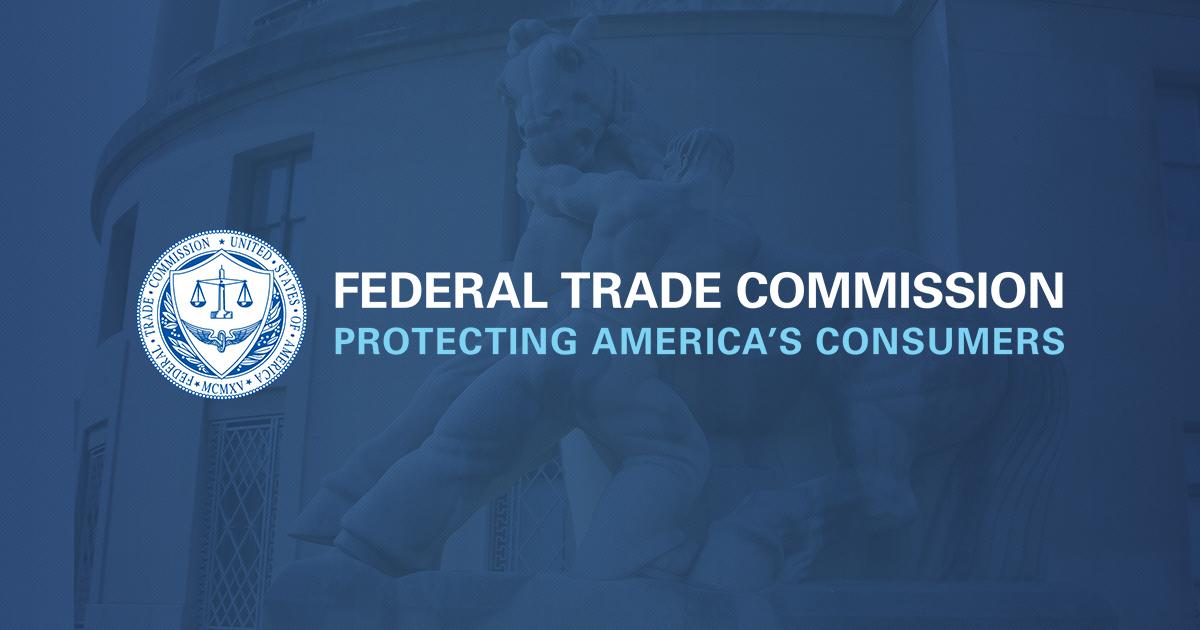A federal court has ordered the operators of a Baltimore-based immigration services scam to pay as much as $616,000 in refunds to Spanish-speaking immigrants, who were deceived into paying the defendants for immigration services that they were not qualified or authorized to provide. The order bans the defendants from providing or promoting these services in the future.
The court found that some customers “suffered severely” for relying on the defendants. Several were deported and one was arrested and jailed for almost 11 months, according to the court.
In March 2013, the court found Manuel Alban, his wife Lola Alban, and their company, Loma International Business Group, Inc., liable for violating the FTC Act. Targeting Spanish speakers from El Salvador and Honduras, the Albans misled immigrants to believe they were authorized to provide immigration services for a fee, according to the court. Under federal regulations, except for attorneys, only authorized providers may accept money in exchange for preparing immigration forms on someone else’s behalf.
The court found that although the defendants were not authorized providers, they took in an estimated $479,000 to $753,000 from unsuspecting immigrants. The Court also noted that according to United States Citizenship and Immigration Services data, the agency denied or rejected more than 60 percent of the immigration applications handled by the Albans.
“Misleading people to steal their money and destroy their dreams crosses the line,” said Jessica Rich, Director of the FTC’s Bureau of Consumer Protection. “The FTC is here to protect people from just these kinds of scams.”
The court order requires Manuel Alban and his wife Lola Alban to pay the refund judgment in installments totaling up to $616,000, depending on the number of victims the FTC is able to locate to receive a refund.
In addition to banning the defendants from providing immigration services, the order prohibits them, their employees, and others representing them from misrepresenting anything about goods or services they are promoting – including that they are qualified or authorized to provide immigration or tax preparation services. It also requires all customer information held by the defendants to be destroyed, and all customer information held by a court-ordered monitor to be turned over to the FTC.
Consumer Information
Spanish-speaking immigrants often are targeted by scammers who call themselves “immigration consultants” or “notarios” – or falsely claim that they are attorneys. The FTC has information in Spanish that explains how to find legitimate free or low-cost immigration advice from authorized providers, and where to report immigration services fraud. Because scammers target immigrants from around the world, the FTC’s immigration-related materials also are in Chinese, Korean, Creole, and Vietnamese.
The Federal Trade Commission works for consumers to prevent fraudulent, deceptive, and unfair business practices and to provide information to help spot, stop, and avoid them. To file a complaint in English or Spanish, visit the FTC’s online Complaint Assistant or call 1-877-FTC-HELP (1-877-382-4357). The FTC enters complaints into Consumer Sentinel, a secure, online database available to more than 2,000 civil and criminal law enforcement agencies in the U.S. and abroad. The FTC’s website provides free information on a variety of consumer topics. Like the FTC on Facebook, follow us on Twitter, and subscribe to press releases for the latest FTC news and resources.

